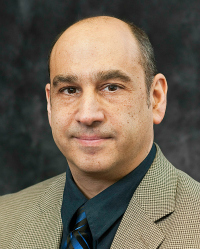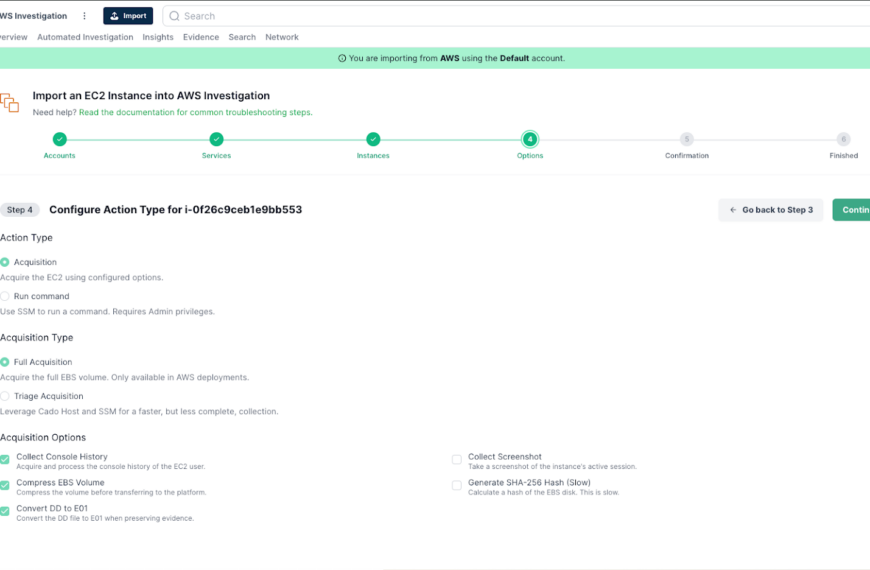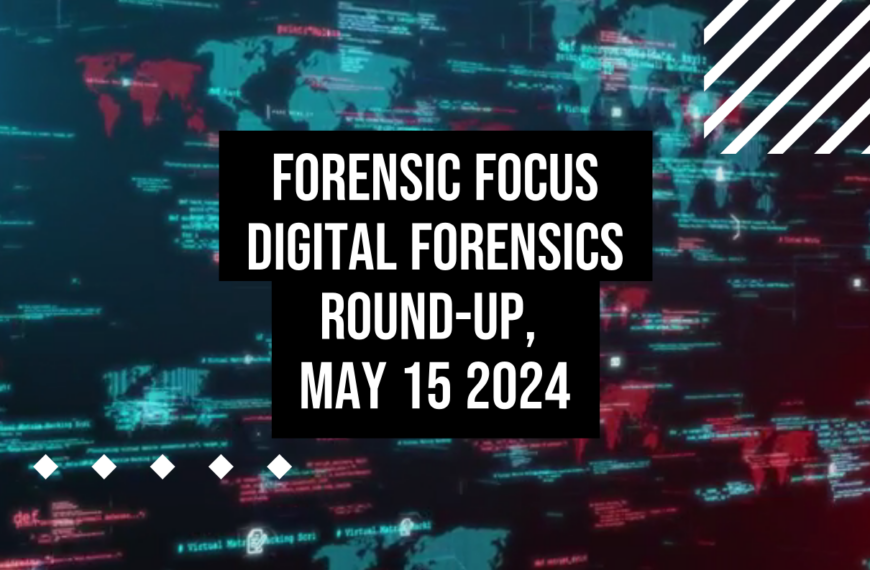 Joe, can you tell us something about your background and why you decided to teach digital forensics?
Joe, can you tell us something about your background and why you decided to teach digital forensics?
I am a Professor of Practice at Utica College (Utica, New York) and also serve as the director of two master’s degree programs – Master of Science in Cybersecurity and Master of Professional Studies in Cyber Policy and Risk Analysis. Currently, most of my teaching is relegated to basic and foundational courses on cybersecurity and information security. We’ve recently hired some outstanding experts to teach our computer forensics courses at both the undergraduate and graduate levels. The people we now have teaching computer forensics come from backgrounds in law enforcement, the military, national intelligence and business. We have professors who hold most every major forensics certification that you can think of. It’s a faculty to be proud of.What digital forensic courses are currently offered at Utica College?
The computer forensics courses taught at Utica College can be found in both the undergraduate and graduate cybersecurity programs. At the undergraduate level we have a number of computer forensics courses. Students can start out with a prerequisite course on computer network investigations that teaches them about computer network architectures and protocols. That course is followed by three in-depth computer forensics courses that teach them about computer hardware, disk geometry, investigatory processes, ethical issues, and, most importantly, tools.
Students in the undergraduate program work with a broad array of tools including FTK and EnCase. In addition, students learn about steganography and cryptography. Finally, students can take a course on network forensic analysis where they learn about investigating incidents and gathering digital evidence in a network environment.
At the master’s level, students learn about law enforcement computer forensics, network forensics, intrusion analysis and malware analysis. One thing that we are quite proud of at Utica College is that the program has been designated by the Defense Cyber Crime Center as a Center for Digital Forensics Academic Excellence.
Tell us more about course structure and content. What core knowledge and key skills should students gain by the end of their studies?
Students gain an understanding of the technical, legal, and ethical aspects of conducting a computer forensics investigation. That being said, the focal point of the program is to teach the students how to use tools including (as mentioned above) FTK and EnCase, but also including freeware and open source tools. The Utica College program is a hands-on academic program. Students who graduate are ready to take on work in the real-world.
In your experience, what are the most common misconceptions held by digital forensics students when they first start out in the field?
Probably the most common misconception that beginning students have is that to work in the computer forensics area you need to be a law enforcement officer and also that computer forensics is only used by police agencies. What we tell new students is that the field is very broad. We relate to students that computer forensics is used in business, industry, critical infrastructure, defense, military and intelligence environments in addition to the field of law enforcement.
One of the challenges of teaching digital forensics is how fast developments are made, especially in areas such as the forensic analysis of smartphone applications. How can academic institutions keep up with the fast pace?
At Utica College, we have up to date lab facilities where we can deal with the fast paced high tech world. In addition, between our full time and part time staff, we have access to some of the nation’s top computer forensics experts. One of our experts came to Utica College after a 20+ year career in law enforcement where he served as his police department’s lead computer forensics person. He brings a wealth of knowledge to the campus and is a key player in keeping our program up to speed as he directs our newly created Northeast Cybersecurity and Forensics Center.
There has been much discussion in recent years about the need for academia to work alongside industry and law enforcement to address some of the current challenges in forensics. Do you think this is a realistic goal, and if so, how might it be achieved?
As noted in the question above, Utica College has created an entity branded as the Northeast Cybersecurity and Forensics Center. The Northeast Cybersecurity and Forensics Center is a partnership of academic, government and private sector resources that collaborate to provide cutting edge research, development and service in the fields of digital forensics and cybersecurity. In my opinion, collaborative arrangements like this are great. Academia gets to see the latest trends in computer forensics issues that are faced by business, industry and law enforcement. On the other side of the coin, real-world entities get to see the latest in terms of academic research and other capabilities coming out of the college environment.
Do you have any words of advice for digital forensics students who want to stand out in a competitive industry?
Learn as much as you can while you are in the academic environment. Make use of every opportunity to learn something new. Dig into the technology and become an expert in as many technical endeavors as possible. In addition, make use of your liberal arts courses. Learn about history, geography (cyberspace is a global environment), philosophy, science and math. Work on your writing skills. Nothing beats a graduate who can write when they enter the workforce. Also, the ability to give presentations and communicate with others is a must. As a computer forensics professional, you will spend your career explaining very complex technical material to those who might not understand all the intricacies of modern technology. It’s important to be able to impart this information to people of all levels of knowledge and understanding.
When you're not teaching, how do you relax and unwind?
When I’m not teaching or directing the program I relax by working out, bike riding and reading. I love to read and always try to have a book or two going at all times.
Joe Giordano is a Professor of Practice and director of two master's programmes at Utica College in New York. Their newly created Northeast Cybersecurity and Forensics Center (NCFC) is a partnership between academia, government and private sector companies that aims to increase research and development in digital forensics.














